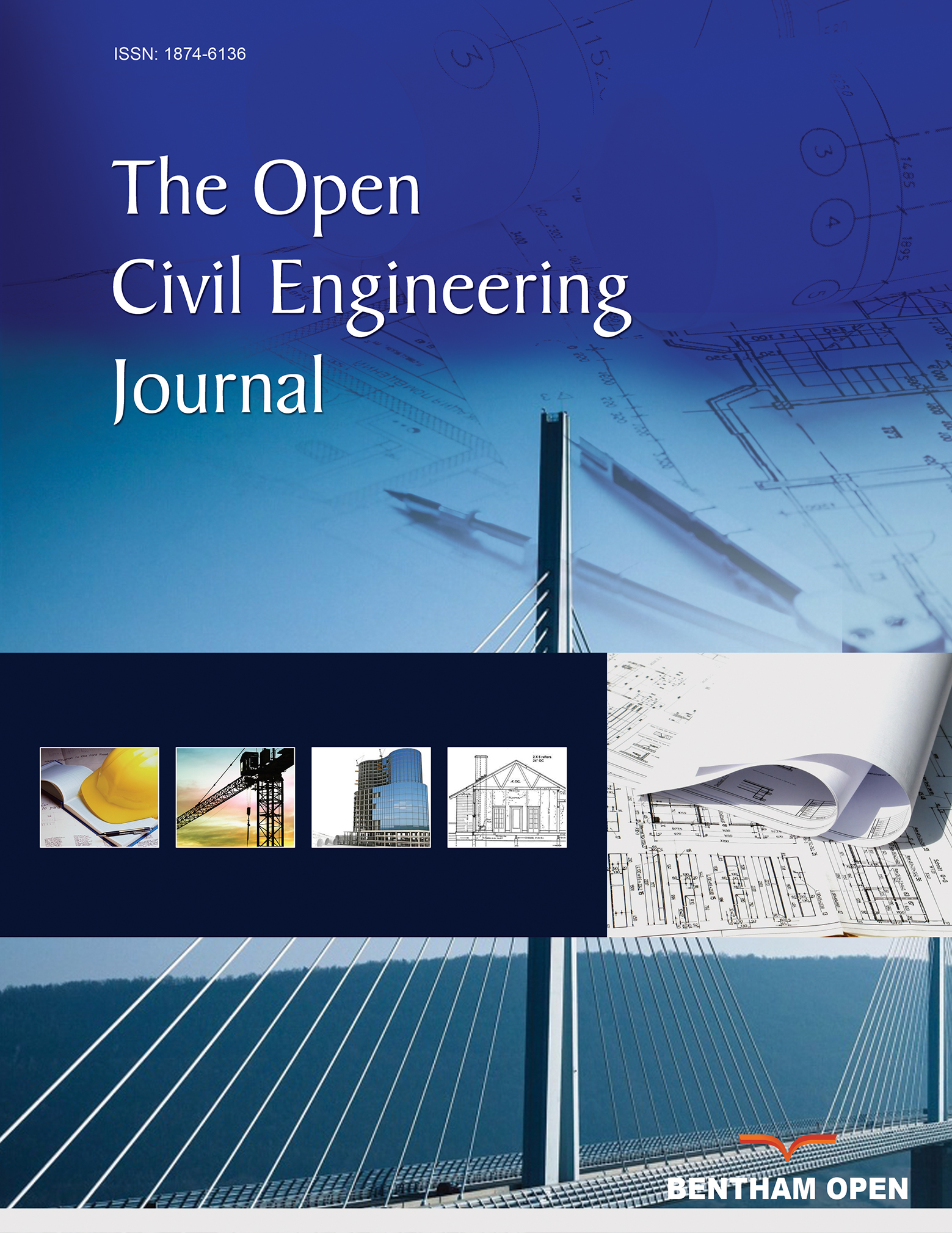All published articles of this journal are available on ScienceDirect.
The Reliability and Integrity of Smart Roads in the Context of Homeland Security and Asset Management
Abstract
The reliability and integrity of smart roads in the context of homeland security and asset management pertain to different risks and phenomena. Unfortunately, many issues remain unsolved in terms of the relationship between different types of risks (e.g., safety versus structural integrity), the impact of information technologies, and the impact of the construction technologies and design options (e.g., viaduct or tunnel). In light of the above, the objectives of this paper were confined to the following: 1) Analysing critical road infrastructures, CRI, in the context of homeland security, asset management and information communication technologies, ICT. 2) Setting up a risk model for CRIs. Three equations were derived. Results demonstrate the complexity of the studied system, where many components interact. Future research will focus on the main criticalities that emerged in the study.


